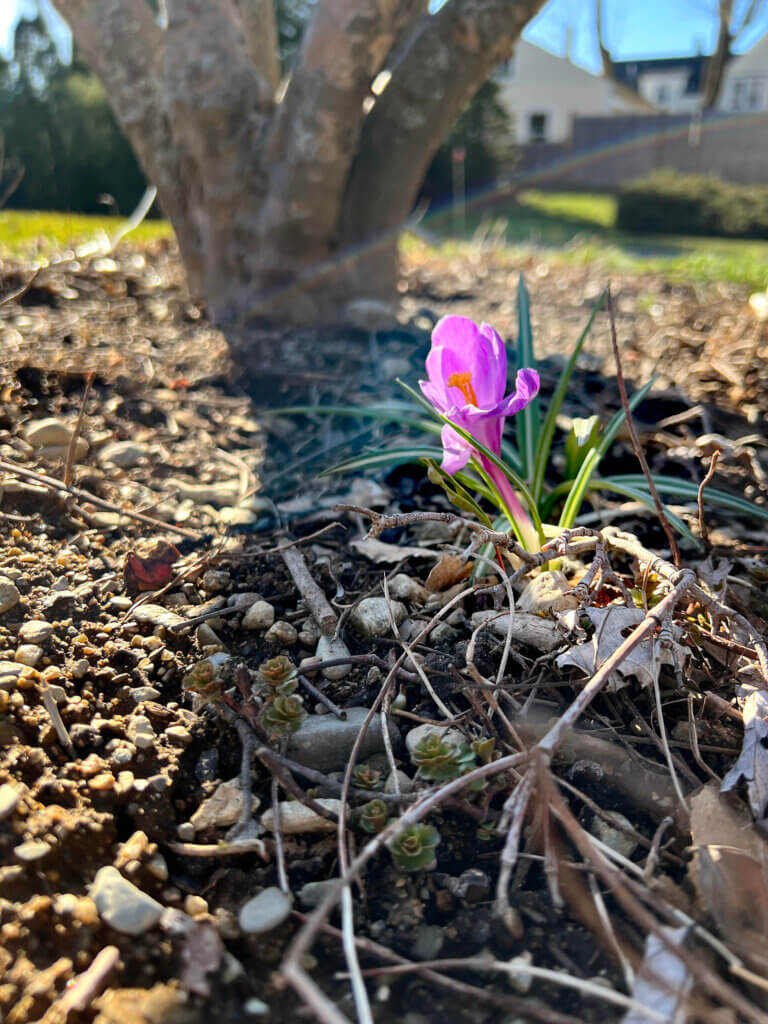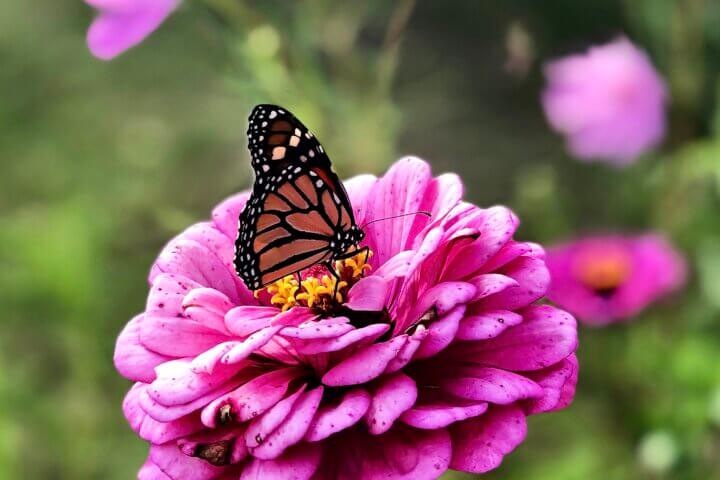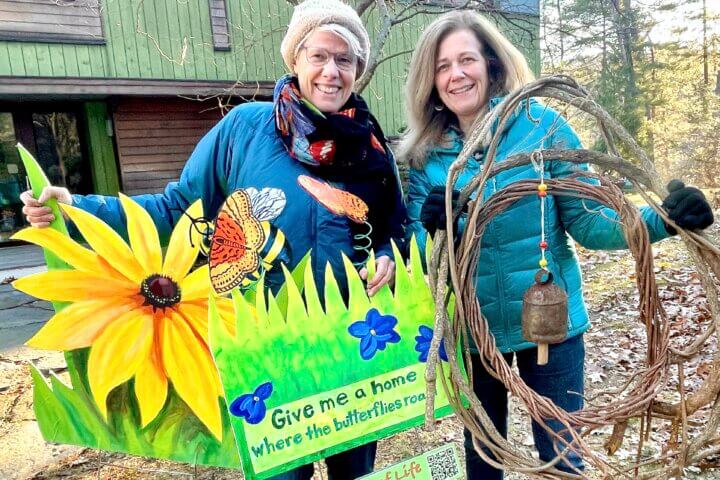By Janet Anderson — West Concord Green Thumbs
Warming temps in recent weeks — minus that recent snowstorm — have called to us to get out and see what was starting to pop up in our gardens.
As delightful as it is to find those first green shoots showing up, the West Concord Green Thumbs encourage you to curb your spring gardening enthusiasm each year until temperatures warm up to a steady 50 to 55 degrees.
We practice this restraint knowing that pollinator insects have been overwintering in our lawn debris, our home gardens, and the gardens we maintain in the village.
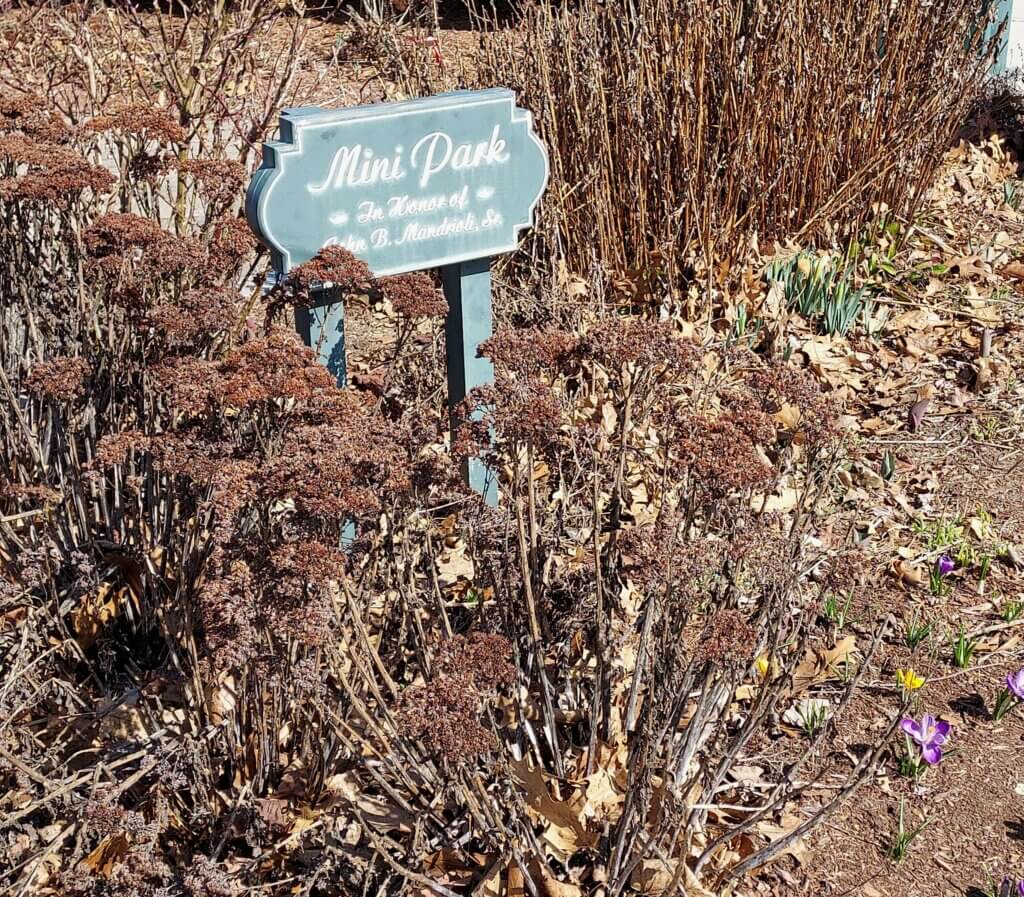
They use leaf litter and old plant material as homes for the winter, and when we leave them undisturbed a little longer, it helps their declining populations flourish as we enter another gardening season.
Spend some time learning what “host plants” specific native pollinator bees, butterflies, and moths rely on for their life cycle and survival. Research what host plants you may have or could plant this garden season to attract some of these many pollinators.
The rewards of patience
After they chew on your parsley or dill plants all garden season, for example, Swallowtail butterfly caterpillars will turn into a chrysalis and overwinter right in your garden. The chrysalis looks like a dried-up leaf and is found on twigs, branches, and old plant material.
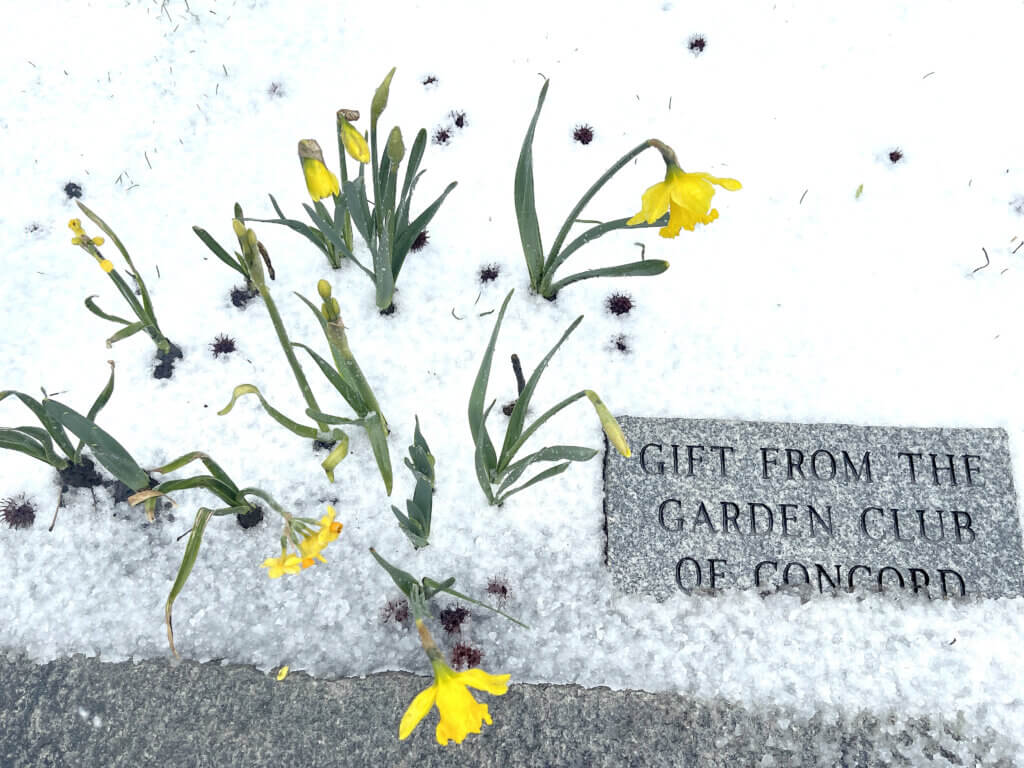
Luna, Cecropia and Polyphemus Moths overwinter as cocoons. The caterpillars wrap themselves around old leaves, usually on twigs or branches of the host plant they ate in the fall.
Several hairstreak butterflies lay their eggs on leaves that have fallen to the ground and overwinter in leaf litter. In the spring, once the eggs hatch into little caterpillars, the leaf litter will become the food source for the caterpillars.
So, hold back on starting raking and yard clean-up too early and learn about what beneficial insects and host plants you might find “waking up” in your own garden and yard this season!
When spring truly arrives, you will be delighted and surprised at all the wonderful pollinator insect activity that is going on right in front of your eyes.
Information shared with permission from Erica Walker/Garden Ontario


